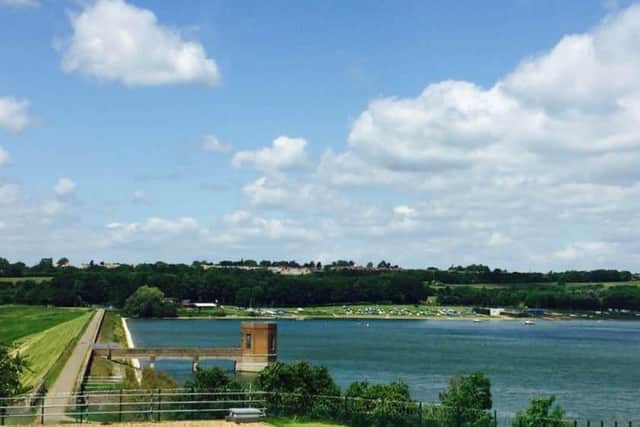Anglian Water warning over bird flu in Northamptonshire after grim discovery at beauty spot
and live on Freeview channel 276
Officials issued fresh warnings over the spread of bird flu in Northamptonshire following the discovery of a “small number” of dead wild birds at a local beauty spot.
Anglian Water confirmed on Monday (October 31) that it was aware of the find at Pitsford Water. A spokesman said: “As a precaution we have reported these cases to the Department for Environment, Food and Rural Affairs. We are continuing to monitor the situation and will report any further cases.”
Advertisement
Hide AdAdvertisement
Hide AdAdvice to visitors includes keeping dogs on leads at all times and not to pick up or touch dead or sick wild birds, or surfaces contaminated with wild bird droppings. Government officials also revealed on Monday cases of highly pathogenic avian influenza H5N1 had been confirmed in commercial poultry and captive birds at two locations in Cambridgeshire, forcing all birds on the premises to be humanely culled.


Around 5.5 million birds have now died or been culled nationwide since October 2021 including 2.3 million birds this October and farmers are warning of a shortage of Christmas turkeys if the disease continues to spread.
The Animal and Plant Health Agency (APHA) Wild Bird Survey last week confirmed the first avian influenza cases in Northamptonshire.
National rules to keep poultry and captive birds indoors — dubbed a lockdown for anything with feathers — comes in to force on Monday (November 7), although the UK Health Security Agency maintains the risk to public health from the virus is very low while properly cooked poultry and poultry products — including eggs — are safe to eat.
Advertisement
Hide AdAdvertisement
Hide AdBut UK chief veterinary officer Christine Middlemiss admitted: “We are now facing the largest ever outbreak of bird flu and are seeing rapid escalation in the number of cases on commercial farms and in backyard birds across England.
“The risk of kept birds being exposed to disease has reached a point where it is now necessary for all birds to be housed until further notice.
“Whether you keep just a few birds or thousands, from Monday you must keep your indoors. This decision has not been taken lightly, but is the best way to protect your birds from this highly infectious disease.”

